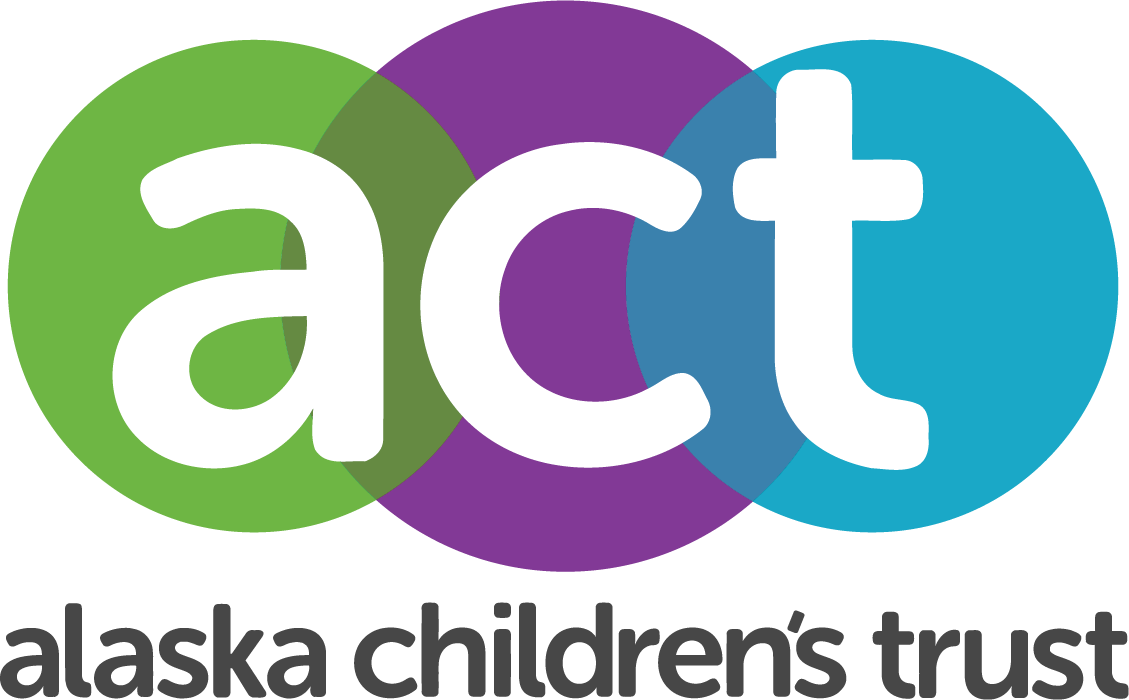Taking Care of Yourself and Your Kids’ Mental Health
By American Foundation for Suicide Prevention – Alaska Chapter
It’s easy for mental health to take a backseat when there are so many other things to juggle as parents - from managing school and work schedules to doctors appointments and staying physically active - it’s no surprise when parents and kids let mental health needs sit unattended to. But mental health is a critical part of physical health, and requires just as much attention as our body’s other needs. Unfortunately, Alaska leads the nation in deaths by suicide, with suicide being the first leading cause of death for young people ages 10-24.
It’s critically important to remember that despite the statistics, there is hope. Suicide is preventable, and even making small changes can have big impact on a child in your life.
As adults with young people in your lives, you can teach and model healthy habits for mental health just as you would with physical health. Right now as a community we have an extraordinary opportunity to come together to reduce mental health stigma. Never before have we met a public health crisis with such a clear focus on mental health. Never before have we had the advantage of the many telehealth options, mindfulness apps, and technology to facilitate face-to-face connections from afar that are currently available to us.
We must use these tools to our advantage and remain vigilant to protect our mental health and support loved ones, especially the young people in our lives. It’s time for everyone to engage in an open, honest dialogue with their friends and loved ones, demonstrate compassion and kindness, and practice self-care by exercising, meditating or relaxing, and consuming the news in measured doses.
Even for adults, mental health struggles can feel overwhelming and hard to grasp, so let’s focus on some tangible steps we can do, like:
Prioritize mental health (and health in general) Take steps to proactively make sure you are getting enough sleep, exercise and spend time in nature when possible. Limit the intake of news or other media that can be disturbing or stressful, especially to young children. Be mindful of what is on in the background throughout your day. Ask your children how they are feeling and make time to listen without judgment. Check in with yourself about how you are feeling, too.
Be flexible when challenges arise We are all navigating new routines, adjusted start dates, changing circumstances, and new requirements. It will take us time to adjust to these changes, and we may have feelings about them. It’s okay if things don’t go as planned or as smoothly as you had hoped. We are all learning as we go, and learning what isn’t working is just as important as learning what does work for your family.
Keep scheduling family time and rituals These can be shared meals, walks, game time or weekly movie nights. Whatever the rituals are that you do regularly and plan around, they can help add a sense of structure and routine and give you time to connect as a family. Don’t have a ritual? Create one and stick to it (even if your kids grumble at first).
Avoid comparisons Ultimately, what works for your family may not work for others, and vice-versa. Try to avoid comparing yourself to others, or how other families may be handling this time. Comparisons can lead you to feel you are not doing enough (or doing too much) when the benchmark should be doing what helps to keep you and your family well.
Model healthy coping (and reaching out for help) Managing your own stress is vital to supporting those around you. Taking care of your own mental health will help to reinforce the messages that we can all take an active role in taking care of our mental health and that it is vital during times of change. Share with your family mindfulness activities or other things that work for you, and introduce them to videos, books or other information to help them cope with their stress. Keep in contact with your support network and encourage them to do the same with theirs. Reinforce the message that there is always help available (including professional help) if they feel they are not managing well, and that help is available to the entire family.
It is essential to regularly check in with the young people in your life, beyond just day-to-day tasks such as homework. You can learn how to invite deeper conversations and differentiate normal adolescent behavior from something more severe by participating in one of the community-based programs the American Foundation for Suicide Prevention offers regularly.
While this season of life will mean something different for all of us, we can all do some things to support our families and each other. If you are worried about the mental health of someone you love, you can reach out to the National Suicide Prevention Lifeline at 1 800 273-8255 (TALK) or the Crisis Text Line (text TALK to 741741) to get some guidance on how to get help for you or your loved one.
The American Foundation for Suicide Prevention is dedicated to saving lives and bringing hope to those affected by suicide. AFSP creates a culture that’s smart about mental health through education and community programs, develops suicide prevention through research and advocacy, and provides support for those affected by suicide. Led by CEO Robert Gebbia and headquartered in New York and with a public policy office in Washington, D.C., AFSP has local chapters in all 50 states with programs and events nationwide. Learn more about AFSP in its latest Annual Report, and join the conversation on suicide prevention by following AFSP on Facebook, Twitter, Instagram, and YouTube.
Dustin Morris | Area Director, Alaska | American Foundation for Suicide Prevention | T 907.201.9273






